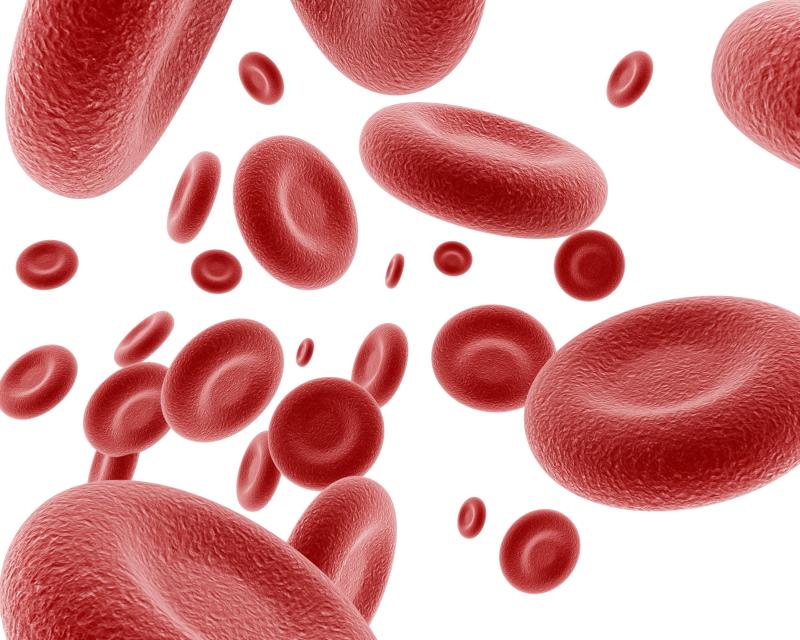
In patients with atrial fibrillation (AF) and stable coronary artery disease (CAD), rivaroxaban monotherapy is noninferior to combination treatment with an antiplatelet therapy in terms of cutting the risk of cardiovascular events and mortality, according to data from the AFIRE trial.
AFIRE included 2,236 adult AF patients in Japan who had undergone percutaneous coronary intervention (PCI) or coronary-artery bypass grafting (CABG) >1 year earlier or who had angiographically confirmed CAD not requiring revascularization.
The patients were randomly assigned to receive rivaroxaban alone (n=1,118) or in combination with a single antiplatelet agent (n=1,118), but only 1,107 and 1,108 patients, respectively, were included in the modified intention-to-treat population (mean age, 74 years; 79 percent male).
Due to increased mortality in the combination group, the trial was terminated prematurely. This said, the effect of rivaroxaban monotherapy on the primary efficacy endpoint a composite of stroke, systemic embolism, myocardial infarction, unstable angina requiring revascularization or death from any cause proved noninferior to that of the combination (event rate, 4.14 percent vs 5.75 percent per patient-year; hazard ratio [HR], 0.72, 95 percent confidence interval [CI], 0.55–0.95; p-noninferiority<0.001).
In terms of safety, the monotherapy showed superiority, with the rate of major bleeding being 1.62 per patient year as opposed to 2.76 percent per patient-year with the combination (HR, 0.59, 95 percent CI, 0.39–0.89; p-superiority=0.01).
The findings must be interpreted in light of several limitations, according to researchers, pointing out that the early termination of the trial may overestimate the efficacy data. Thee researchers acknowledged that the benefit of rivaroxaban monotherapy on the rate of ischaemic events and death from any cause was unexpected and might be due to the play of chance.